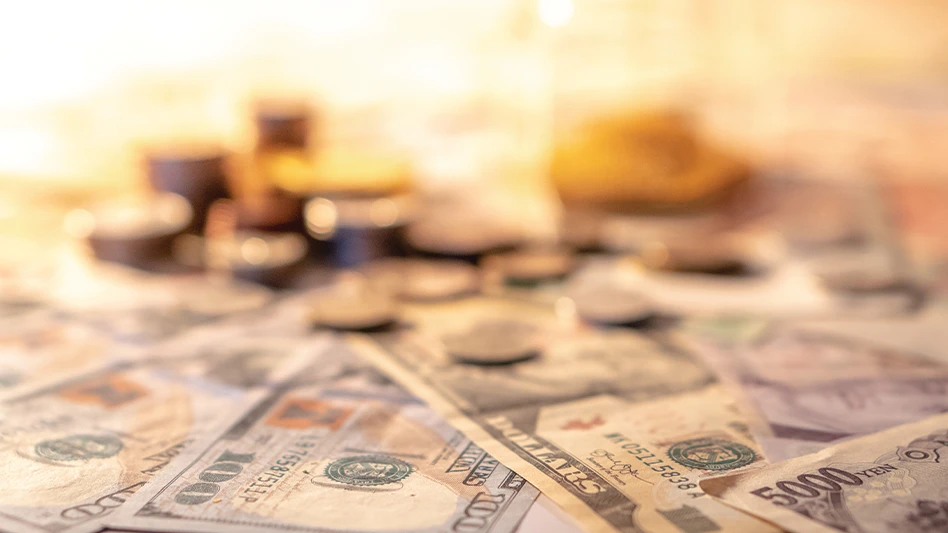
zephyr_p | stock.adobe.com
Australia-based lithium-ion battery recycling Iondrive Ltd. has announced a fundraise of up to $6.1 million, before costs, through a placement of up to a total of 435,714,286 fully paid ordinary shares valued at 14 cents each.
Joint lead managers Taylor Collison and the Prenzler Group successfully secured participation from institutional investors Terra Capital and another major institution. Iondrive’s cornerstone shareholders, Strata Investment Holdings Plc and Ilwella Pty. Ltd. also participated, alongside new shareholders that include incoming Director Hugo Schumann and Commercial Director Lewis Utting.
Both existing and incoming management, along with nonexecutive directors, participated in the placement, contributing a total of $380,000. Iondrive notes the participation of nonexecutive directors is subject o shareholder approval, which will be sought at its general meeting, anticipated for mid-February 2025.
“We are thrilled to complete our capital raise, a key step in commercializing our battery recycling technology,” Iondrive CEO Ebbe Dommisse says. “Institutional and cornerstone investor participation highlights confidence in Iondrive. We thank our existing shareholders and warmly welcome new investors.”
Proceeds of the placement will be used to fund the construction and operation of a pilot plant for the company’s lithium-ion battery recycling technology. The funds also will support broader commercialization efforts such as the industry collaborations in key target markets of the European Union and United States, as well as providing for general working capital, which may include exercising the company’s option to acquire the technology from the University of Adelaide for $1 million, rather than exclusively license.
Iondrive currently is addressing what it calls inefficiencies, hazards and high costs associated with traditional lithium-ion battery recycling methods. The company uses a novel deep eutectic solvent- (DES-) based process that separates critical components such as lithium, nickel, cobalt and manganese from battery black mass, and says the process is cleaner, greener and more cost-effective, with a significantly smaller environmental footprint that avoids high temperatures and corrosive acids.
The company completed a prefeasibility study in early November, and the findings suggest the high metal recoveries are scalable, and a commercial-scale plant is highly cost competitive. The company says it now has a high level of confidence, and the pilot plant construction is planned for completion in 2025.
Latest from Recycling Today
- BMW Group, Encory launch 'direct recycling’ of batteries
- Loom Carbon, RTI International partner to scale textile recycling technology
- Goodwill Industries of West Michigan, American Glass Mosaics partner to divert glass from landfill
- CARI forms federal advocacy partnership
- Monthly packaging papers shipments down in November
- STEEL Act aims to enhance trade enforcement to prevent dumping of steel in the US
- San Francisco schools introduce compostable lunch trays
- Aduro graduates from Shell GameChanger program





